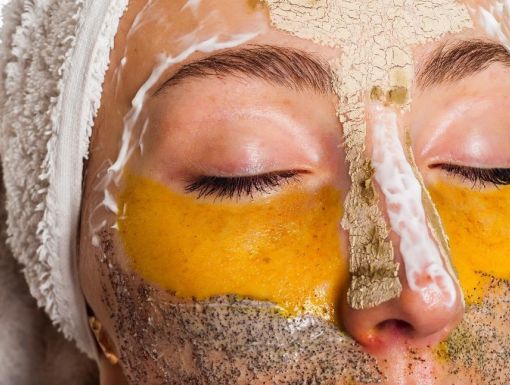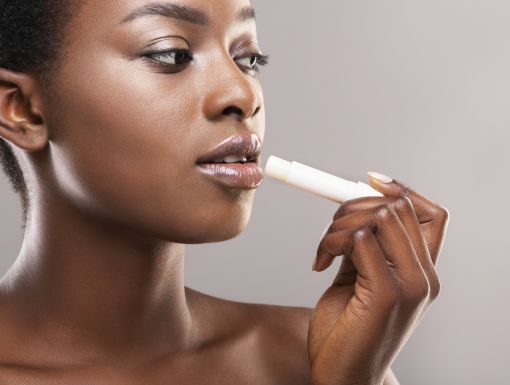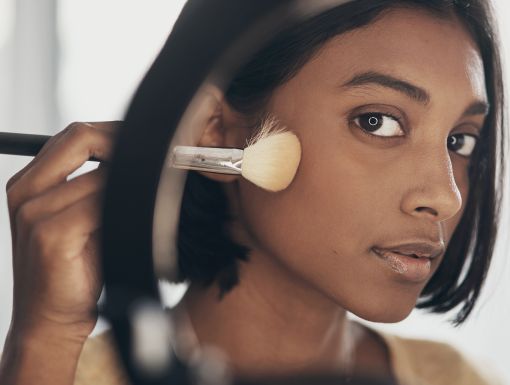
How Do I Get Rid of Blackheads?
We have all been there before, staring into a hand mirror, magnifying and obsessing over those pesky black spots on our noses. Your first inclination might be to reach for a box of pore strips or a harsh product that will give more immediate satisfaction by leaving the skin feeling dry, but there are better long-term solutions we would like to discuss.
What is a blackhead?
Blackheads, medically referred to as open comedones, are a common type of non-inflammatory acne. Anybody can get them, but they are more common in people who have oily skin. They form when your pores get clogged up from excess sebum (the natural oils on your face), dirt, and dead skin cells. Whiteheads, or closed comedones, are formed in closed pores, whereas blackheads are open to the surface, causing all the dirt and oil to oxidize, turning into a black color.
There are several safe and gentle ways to get rid of and prevent blackheads. Here are some ingredients, tools, and best practices to achieve a clear face.
Salicylic Acid
When it comes to getting rid of blackheads, salicylic acid is your best bet. Salicylic acid does a great job of removing and treating blackheads by breaking down everything that's clogging your pores. You can find salicylic acid in cleansers, serums, toners, and other products. Using an over-the-counter cleanser with salicylic acid is the best choice. This acid can irritate those with sensitive skin, so it's important to monitor your skin to see how it reacts. If irritation occurs, speak with your dermatologist.
Retinols and retinoids
Topical retinol and retinoid are other great ways to unclog pores. It is essential to understand the difference between retinol and retinoid. Both are vitamin A derivatives that turn into retinoic acid. A retinoid is a more powerful active ingredient and is prescribed by a dermatologist. Retinols are a less potent, over-the-counter form of retinoids. Both can help clear up acne. They also increase skin cell turnover, revealing fresh skin and allowing ingredients to penetrate the skin easily. However, if you are pregnant or wish to become pregnant, do not use retinoids as they can affect fetal development.
Exfoliation
Another great way to prevent blackheads is by using a gentle exfoliant. Exfoliating is a great way to remove the dead skin cells that can settle in your pores. Avoid using physical exfoliators containing crushed walnuts, sugar, or salt granules, as they can damage the skin. Instead, opt for chemical exfoliators such as AHAs (alpha-hydroxy acids) and BHAs (beta-hydroxy acids). These acids work by gently removing the top layer of your skin. Common AHAs are glycolic and lactic acid, and a common BHA is salicylic acid. Exfoliate your skin no more than two times a week. Anything more can cause severe irritation.
It is important to consult with your dermatologist before introducing acids into your skincare routine. They will guide you on selecting the best acid for your skin concern, the best percentage of the active ingredient, and other active ingredients to avoid in combination with your product.
Clay Masks
Using a clay mask can also assist in removing dirt and oil. Look for a mask that contains sulfur, as this ingredient can help break down dead skin cells. Some masks contain salicylic acid, which can be beneficial. Only use a clay mask once a week. While clay masks are great at removing toxins, they can also strip your skin if overused. Stripping the skin of oil might seem like a good idea, but your skin responds by producing excess oil when it's dry and can become irritated. This, in turn, can worsen acne.
Extraction
Step away from the pore strips, and don't waste your money on a blackhead vacuum. If your blackhead doesn't go away with any of the methods above, you will need to get them professionally extracted. Squeezing or pinching your blackheads into submission or, worse, using extraction tools can cause severe scarring. Instead, make an appointment with your dermatologist or a licensed esthetician who can safely extract the blackhead.
Use non-comedogenic products
The best way to prevent your pores from getting clogged is by using non-comedogenic products. Non-comedogenic means that skincare product or cosmetic is formulated not to clog pores. Take time to research the products you use, such as makeup, skincare and sunscreen. Discovering non-comedogenic alternatives is a great way to take care of your skin. Some advocate for double cleansing, which is when you use an oil-based cleanser, such as a cleansing balm, to break down the oil and dirt, followed by your regular water-based cleanser.
Chemical peels and phototherapeutic office procedures are other ways to address blackheads or whiteheads when they progress to acne. Talk to your dermatologist about a way to address this in a manner personalized and most suited for you.
Learn more about Dr. Christopher Haas, a dermatologist at Ochsner LSU Health Shreveport.



